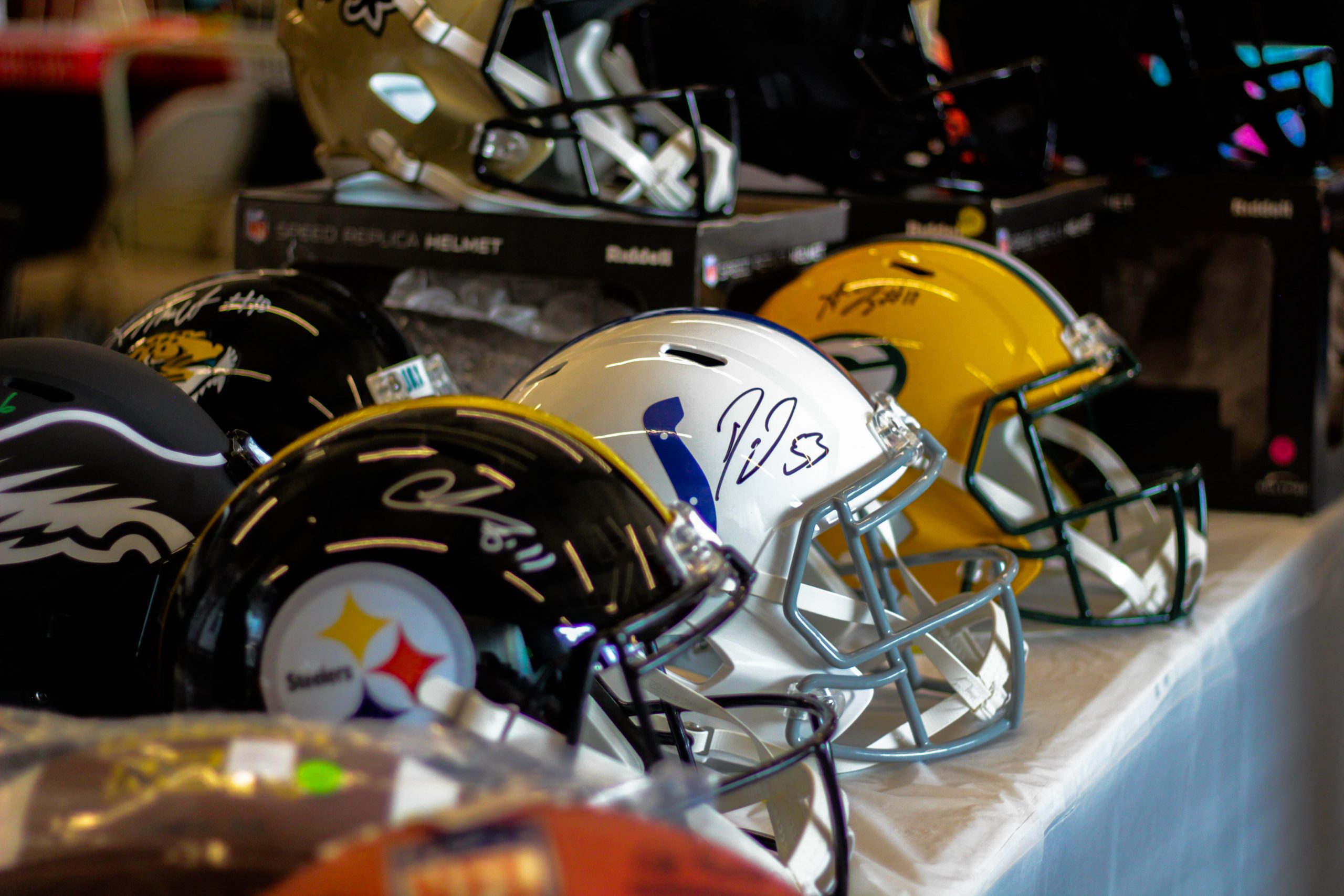A few weeks ago, the sports world was shocked and saddened by the news of the tragic death of NFL quarterback Dwayne Haskins, who was fatally struck by multiple vehicles when he attempted to cross a highway on foot during the early morning hours of April 9. Haskins was training with teammates in Florida to prepare for his fourth year in the NFL.
Being the first to break the devastating news, ESPN NFL Insider Adam Schefter managed to quickly turn the grief and sadness into feelings of rage from the public when he posted this now-deleted tweet: “Dwayne Haskins, a standout at Ohio State before struggling to catch on with Washington and Pittsburgh in the NFL, died this morning when he got hit by a car in South Florida, per his agent Cedrick Saunders. Haskins would have turned 25 years old on May 3.”
Social media users and current and former NFL players were justifiably mortified to read about Haskins’ professional struggles in the same tweet that first announced his death, but Schefter didn’t stop there. Despite deleting the now-infamous tweet, Schefter posted a link to an ESPN story he wrote that further expanded on Haskins’ struggles in the NFL, which still hasn’t been deleted.
“Haskins played in 15 games over two seasons with Washington, compiling a Total QBR of 29.4 — the league average during that time was 63.5. He threw 12 touchdown passes to 14 interceptions.” The reference to Haskins’ QBR (or Quarterback Rating) within the story — already regarded as a questionable statistic to measure a quarterback’s effectiveness — came one line after Ron Rivera’s heartfelt comments about Haskins’ death. I’m not sure if the word inappropriate even does this nonsense justice.
Several players like Dez Bryant, Lamar Jackson and Jakobi Meyers immediately went to social media to voice their displeasure with Schefter’s insensitive tweet.
“Athletes for the record … the s— @AdamSchefter wrote that’s how a lot of people view us…” Bryant tweeted. “We ain’t s— but entertainment!”
Former MVP quarterback Lamar Jackson was slightly more direct with Schefter, tweeting, “@AdamSchefter you lame asf all around grown ass man and can look in the mirror and smile at yourself.”
Despite receiving massive public backlash over the tweet, Schefter inexplicably remained silent on the topic throughout the weekend. The following Monday, he addressed his mistake only through his podcast, which he posted a clip of on Twitter.
“It was insensitive, it was a mistake, and I can assure you [that was] not my intention,” Schefter said. “I wish I could have that tweet back. The focus should have been on Dwayne, who he was as a person, a husband, a friend and so much more. I wanted to apologize to Dwayne’s family, his friends, the players in the National Football League and offer my condolences to Dwayne.”
Why not apologize using the same medium where you sent the horrible tweet? A more cynical person might believe this was a different ploy to get more listeners for his podcast rather than a genuine attempt to make good on what would be a career-ending mistake for someone who isn’t as protected as Schefter. The “download wherever you get your podcasts” written in bold letters within the apology video helps accentuate this point.
Just 10 days before Haskins’ death, ESPN announced that it was re-signing Schefter to a multi-year deal reportedly worth $10 million a year. Despite multiple instances of irresponsible journalism, this is most recently seen with his reaction to a grand jury’s decision not to indict Deshaun Watson, which read like a note directly from the player’s agent rather than an impartial reporting of the facts. Such reporting has become the norm for Schefter.
“This is why Deshaun Watson, from the beginning, welcomed a police investigation: He felt he knew that the truth would come out. And today, a grand jury did not charge him on any of the criminal complaints.” Watson still faces 22 active civil suits against him for sexual assault.
What’s worse, Schefter’s tweet was only the second most insensitive comment made after Haskins’ passing. Gil Brandt, a former longtime executive with the Dallas Cowboys who’s also part of the team’s illustrious ring of honor, equated Haskins’ decision to forego his final season of eligibility at Ohio State to be a man “who was living to be dead, so to speak.”
“Anytime anybody dies, it’s tragic, especially when you’re 24 years old, and you got your whole life ahead of you. But maybe if he stayed in school for a year, he wouldn’t do silly things,” Brandt said, insinuating that if he stayed at Ohio State for another year, his car somehow wouldn’t have run out of gas on a Florida highway.
Schefter and Brandt quickly apologized for their comments, but regardless, their initial reporting highlights exactly how the media views the Black athlete: as a source of entertainment, and only deserving of coverage that paints them in a negative light. Even in death.
Take the research done by Cynthia Frisby, an associate professor at the University of Missouri, into account. After analyzing 155 news articles about male athletes, she found that 53% of Black athletes’ stories had a negative tone, compared to just 17% for white athletes. Why is this the case? According to recent data, only 7.6% of Associated Sports editors are Black, meaning that the people who write these negative stories do not usually look like the people they’re writing about.
Although it’s a huge one, it’s clear that inappropriate reporting done by white journalists isn’t the only problem that sports media faces. There needs to be a more dedicated effort to hire more Black journalists across the industry.
With that being said, tweets like Schefter’s represent a massive problem with how white journalists behave in sports media. It can only begin to be fixed if the actions of those at the top of the journalism industry truly reflect a desire to report on players without damaging racial biases. For ESPN and Adam Schefter, it truly isn’t that hard. All it takes is just a little human decency in the face of a tragedy and perhaps a genuine apology if mistakes are made.
















